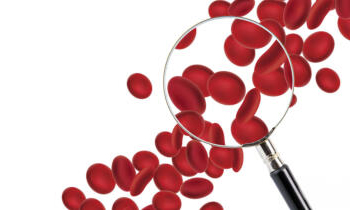
Designed for junior medical officers, nursing and pharmacy staff this course includes a short role play scenario that highlights the steps in taking a BPMH and provides important tips when reviewing sources of medicines information.
Developed for and with the support of the Australian Commission on Safety and Quality in Health Care (ACSQHC).
Target audience: Junior medical officers, nurses, pharmacists

Designed for junior medical officers, nursing and pharmacy staff this course includes a short role play scenario that highlights the steps in taking a BPMH and provides important tips when reviewing sources of medicines information.
Developed for and with the support of the Australian Commission on Safety and Quality in Health Care (ACSQHC).
Target audience: Junior medical officers, nurses, pharmacists

This course has been developed to support GPs, GP registrars and medical students to make the best use of diagnostic imaging in the investigation of chronic abdominal pain. It is well documented that abdominal pain is one of the most frequent reasons for imaging requests globally - but are we selecting the most appropriate modality?
Target audience: GPs, GP registrars and medical students
CPD points: GPs. View details

Iron deficiency and iron-deficiency anaemia are common, affecting around one in ten Australians. For people undergoing elective surgery, iron-deficiency anaemia is a predictor of blood transfusion which is associated with adverse outcomes including mortality. This online module aims to support general practitioners and practice nurses in preoperative blood management. It highlights their important role in reducing exposure to blood products by identifying and treating anaemia and iron deficiency in people for whom surgery is planned.
Developed for: National Blood Authority, Australia
Target audience: General practitioners; Practice nurses
CPD points: GPs, Nurses.
Course Closed. Your certificates will continue to be available.

Low-value care is an issue of concern in Australian health care. This training highlights how medico-legal risks and low-value care are connected in several ways.
The content in this course is based on material originally developed by Professor Nola Ries, Faculty of Law, University of Technology Sydney as part of a research project funded by the Avant Foundation Grant program.
Target audience: GPs and Medical specialists
Open to: GPs, Pharmacists, Nurses, Students
Cost: Free
CPD points: GPs, Self-directed CPD

Target audience: Pharmacists
Open to: All health professionals
CPD points: Pharmacists View details

This course aims to improve your knowledge, skills and confidence in managing UTIs and is suitable for nurses and health professionals working in aged care. You’ll learn when it’s appropriate to test, treat and review patients with suspected urinary tract infections.
Target audience: Nursing and health professionals working in aged care.
CPD points: Self-directed. View details